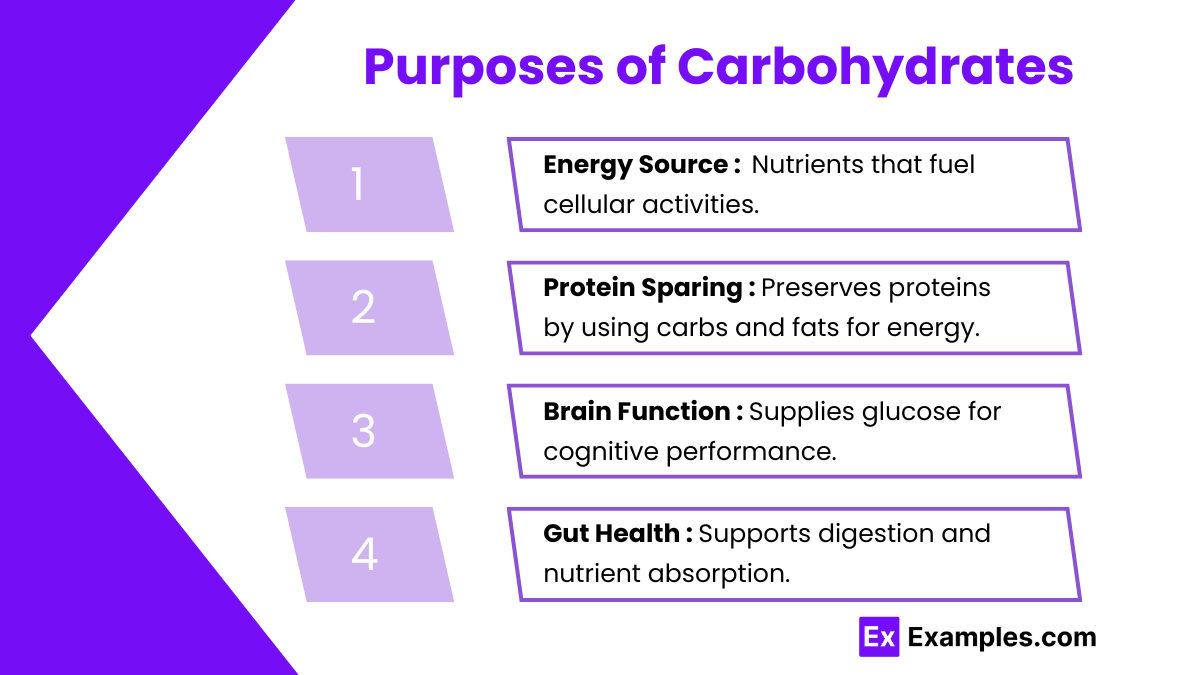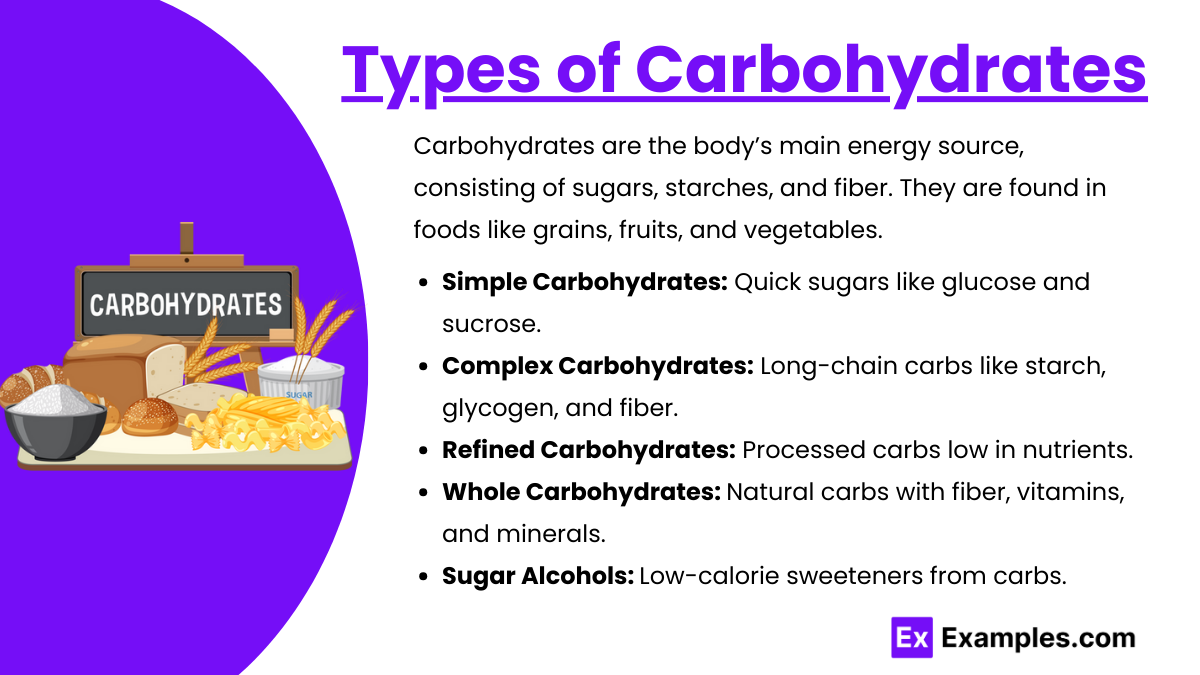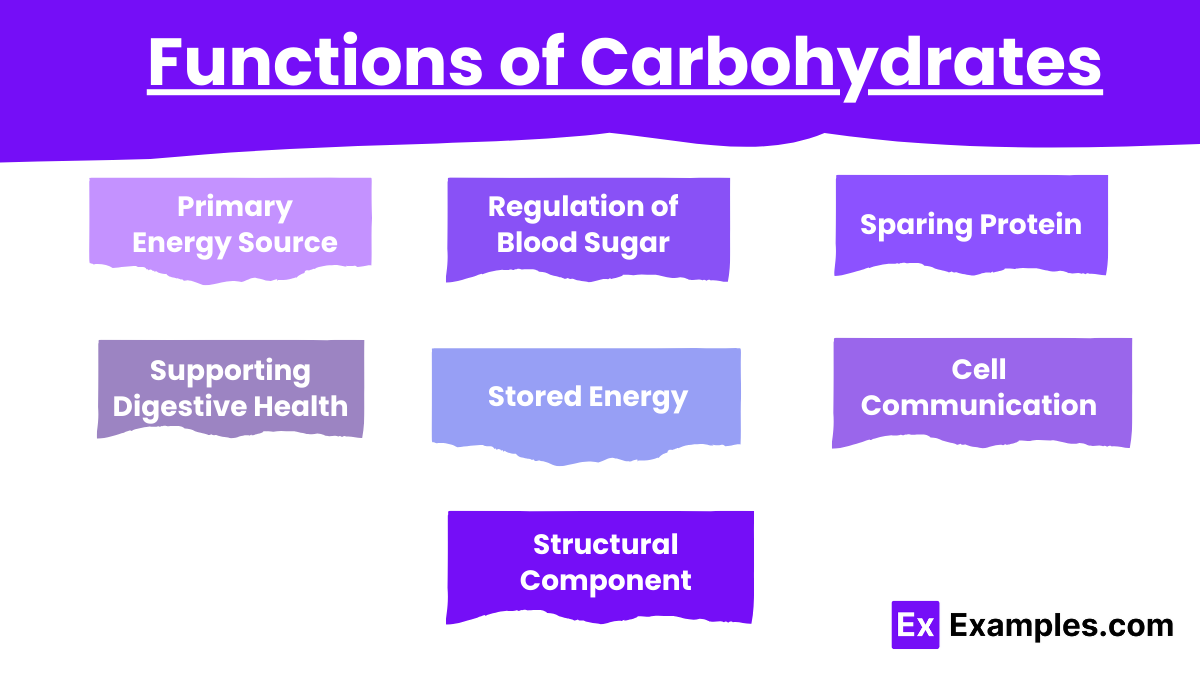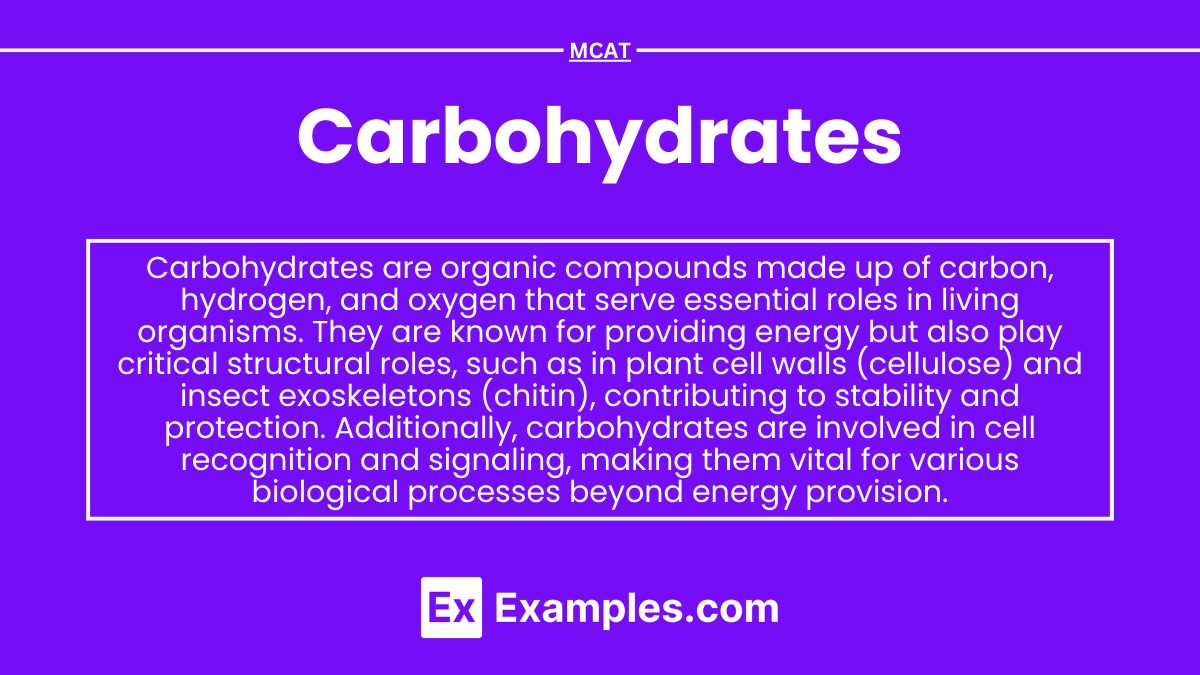Preparing for the MCAT requires a strong understanding of carbohydrates, a fundamental concept in biochemistry. This topic covers the structure, function, and metabolism of carbohydrates, focusing on glucose metabolism, glycogen storage, glycolysis, and the citric acid cycle. Understanding how carbohydrates provide energy and their role in maintaining blood glucose levels is crucial for mastering topics related to metabolism, cellular energy, and regulation. A thorough knowledge of carbohydrates is essential for achieving a high score on the MCAT, as they are integral to many biological processes.
Learning Objectives
When studying carbohydrates for the MCAT, your learning objectives should focus on understanding their chemical structure, classification, and metabolic pathways. You should learn how carbohydrates are digested, absorbed, and metabolized, including key processes like glycolysis, glycogenesis, gluconeogenesis, and the citric acid cycle. It’s important to grasp the role of carbohydrates in energy production, blood glucose regulation, and their hormonal regulation by insulin and glucagon. Additionally, aim to understand the clinical implications of carbohydrate metabolism, such as diabetes and glycogen storage diseases, which will help you connect metabolic processes to physiological outcomes and potential disorders.
Purposes of Carbohydrates

- Energy Source: The main function of carbohydrates is to provide energy for bodily functions and physical activities.
- Protein Sparing: Carbs prevent the body from using protein as an energy source, allowing it to focus on tissue building and repair.
- Brain Function: Glucose, derived from carbs, is the brain’s preferred source of energy.
- Gut Health: Certain carbs promote healthy gut bacteria, aiding digestion and immunity.
- Glycogen Storage: Excess carbs are stored as glycogen in muscles and the liver for later use.
Types of Carbohydrates

- Simple Carbohydrates (Monosaccharides & Disaccharides)
- Monosaccharides: The simplest form of carbohydrates, including glucose, fructose, and galactose.
- Disaccharides: Made up of two monosaccharides; common types are sucrose, lactose, and maltose.
- Complex Carbohydrates (Polysaccharides)
- Starch: Found in foods like potatoes, rice, and bread; a primary energy source.
- Glycogen: Stored in muscles and the liver, it is a reserve energy source.
- Fiber: Indigestible carbs that aid digestion and maintain stable blood sugar levels.
- Refined Carbohydrates
- Processed carbs that lack nutrients and fiber, found in sweets, white bread, and soft drinks.
- Whole Carbohydrates
- Unprocessed carbs that retain their natural fiber, vitamins, and minerals, like whole grains, fruits, and vegetables.
- Sugar Alcohols
- Low-calorie carb derivatives used as sweeteners, such as sorbitol and xylitol, found in sugar-free products.
Functions of Carbohydrates

Carbohydrates play a critical role in the body, acting as a primary source of energy. They provide fuel for various metabolic processes, helping to sustain physical and mental activities. Beyond energy provision, carbohydrates are also essential for other physiological functions.
- Primary Energy Source: Carbohydrates provide the main source of energy for the body, especially for the brain, nervous system, and muscles during physical activity.
- Regulation of Blood Sugar: Carbohydrates help maintain normal blood sugar levels, supplying a steady release of glucose to the body and preventing sudden drops in energy.
- Sparing Protein: When sufficient carbohydrates are consumed, the body uses them as the primary energy source, sparing proteins from being broken down for energy, allowing proteins to be used for growth and repair.
- Supporting Digestive Health: Dietary fibers, a type of carbohydrate, aid in digestion by promoting regular bowel movements, adding bulk to stool, and preventing constipation.
- Stored Energy: Excess carbohydrates are stored as glycogen in the liver and muscles, serving as a reserve energy source that can be mobilized during periods of fasting or intense physical activity.
- Cell Communication: Carbohydrates play a role in cell recognition and signaling, which is essential for immune response, hormone action, and overall cellular communication.
- Structural Component: Carbohydrates contribute to the structural integrity of cells, especially in plants, bacteria, and fungi. For instance, cellulose, a complex carbohydrate, is a key structural component in plant cell walls, providing rigidity and strength.
Examples
Example 1. Energy Production
Carbohydrates serve as the primary source of energy in the body. When consumed, they are broken down into glucose, which fuels cells, tissues, and organs. This glucose is especially crucial for brain function, muscle contraction, and various cellular processes that require immediate energy.
Example 2. Glycogen Storage
The body can store carbohydrates in the form of glycogen, primarily in the liver and muscles. This stored glycogen acts as a readily available energy reserve that the body can tap into during periods of increased physical activity or when blood glucose levels drop, helping maintain stable energy levels.
Example 3. Sparing Protein Use
Carbohydrates play a role in sparing protein from being used as an energy source. When adequate carbohydrates are available, the body uses them for energy, allowing proteins to focus on other critical functions such as tissue repair, immune response, and enzyme production, thus preserving muscle mass and promoting overall health.
Example 4. Supporting Digestive Health
Some carbohydrates, like dietary fiber, are essential for maintaining digestive health. Fiber helps regulate bowel movements, supports the growth of beneficial gut bacteria, and aids in the prevention of conditions like constipation and diverticulosis. It also contributes to satiety, aiding in weight management by promoting a feeling of fullness.
Example 5. Cell Signaling and Structure
Certain carbohydrates, such as glycoproteins and glycolipids, play a crucial role in cell signaling and the structural integrity of cell membranes. These carbohydrate-containing molecules are involved in cell communication, immune response, and the recognition of foreign substances, thereby supporting overall cellular function and immune defense.
Practice Questions
Question 1
Which of the following is the primary function of carbohydrates in the human body?
A) Build muscle tissue
B) Provide energy
C) Transport oxygen
D) Regulate hormones
Correct Answer: B) Provide energy
Explanation:
Carbohydrates are the main source of energy for the body. They are broken down into glucose, which is used to fuel various cellular activities, muscle contractions, and organ functions, especially the brain. While proteins help build muscle, oxygen is transported by hemoglobin, and hormones are regulated by endocrine glands, the primary role of carbohydrates remains energy production.
Question 2
Which form of carbohydrate is stored in the liver and muscles for later energy use?
A) Glucose
B) Fructose
C) Glycogen
D) Sucrose
Correct Answer: C) Glycogen
Explanation:
Glycogen is the stored form of glucose found in the liver and muscles. When the body needs additional energy, glycogen is broken down into glucose to maintain blood sugar levels and provide energy, especially during exercise or fasting. Glucose, fructose, and sucrose are all forms of sugar, but they are not the storage form used by the body.
Question 3
What type of carbohydrate cannot be digested but is essential for digestive health?
A) Starch
B) Glycogen
C) Fiber
D) Glucose
Correct Answer: C) Fiber
Explanation:
Fiber is a type of carbohydrate that the human body cannot digest. Despite being indigestible, fiber is crucial for maintaining digestive health. It adds bulk to stool, helps regulate bowel movements, and supports the growth of beneficial gut bacteria. Starch and glycogen are digestible carbohydrates that provide energy, while glucose is the simplest form of sugar used for immediate energy.


